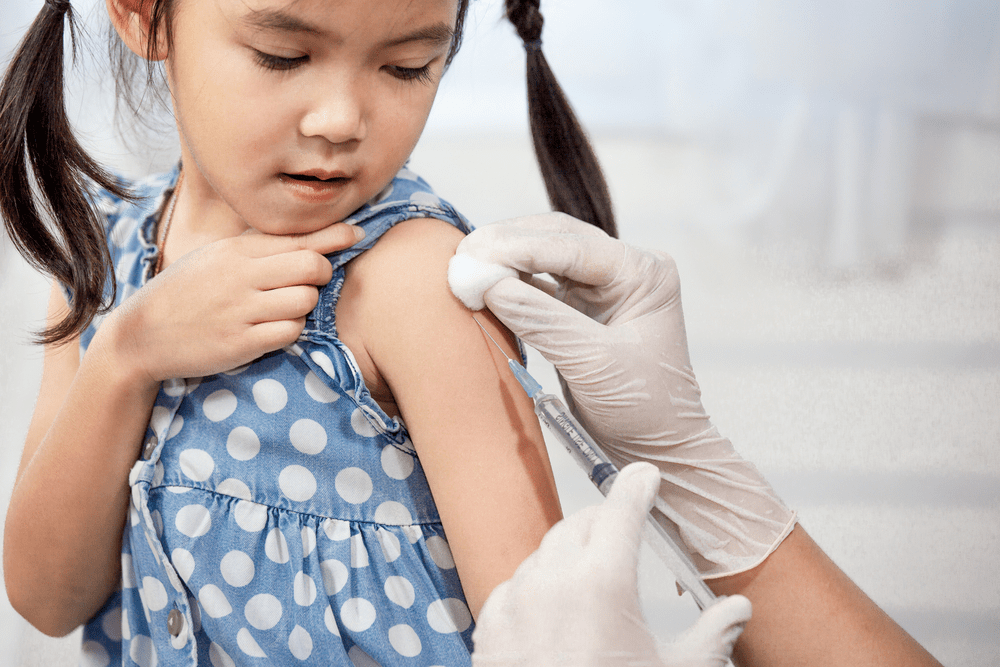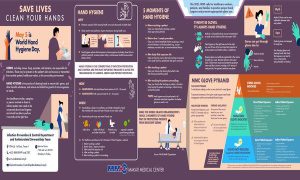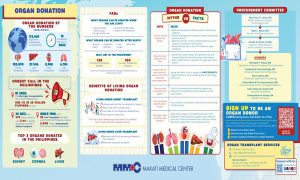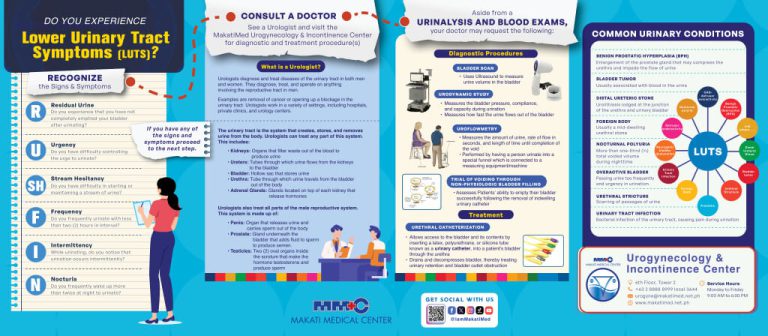For parents, nothing can be more heartbreaking than seeing their child fall ill with a severe, debilitating, or worse, a fatal disease. At their young age, children do not have a fully developed immune system yet, making them vulnerable to different kinds of illnesses.
Medical science, however, uses the power of vaccines to boost the body’s natural defenses against diseases. Immunization or vaccination gives children a better chance of staying healthy, so it is highly recommended to have them vaccinated early on. Parents can also take comfort in the fact that immunization can protect the whole family from distress in dealing with different diseases, which could affect their young children.
Why It is Important to Vaccinate Children
- Immunization saves lives. Certain types of vaccines contain an agent that has the same qualities as of a disease-causing microbe, and is often made from weakened or killed forms of it, allowing the patient to heal and recover from illnesses.
- Vaccines are safe and effective. Vaccines are tested and approved by healthcare experts like doctors and scientists, ensuring its effectivity in developing immunity to diseases.
- Immunization protects loved ones from illness. A lot of diseases can be prevented by timely vaccination since they act as an immune response against harmful viruses or bacteria.
- Vaccination can help save time and money. Immunization reduces the risk of children getting sick and undergoing hospital treatments, leading to missed school days. Meanwhile, parents may grapple with medical expenses or lost time at work to take care of their children.
- Immunization helps protect future generations. Thanks to vaccination, certain diseases like smallpox have been completely eradicated, which means there is no way that children will ever contract this disease.
10 Vaccines Your Kids Must Have Before Turning into an Adult
Kids need a series of vaccinations to build their immunity as they grow and begin to be exposed to various surroundings. Here is a schedule of immunization generally recommended for children below 18 years, although certain vaccines may be required earlier, depending on environmental or risk factors.
Birth to 15 Months
1. Hepatitis B (3 doses)
This vaccine gives infants immunity from the Hepatitis B virus, which can cause mild fever, nausea or vomiting, and jaundice that may last a few weeks. The hepatitis B (HepB) vaccine also has long-term effects, protecting children from liver problems like scarred liver or liver cancer later on in life.
Kids should get the HepB vaccine shortly after birth, at 1 to 2 months and 6 to 18 months.
2. Rotavirus (2 doses)
Rotavirus is an inflammation-causing virus that attacks intestine linings. The infection results in diarrhea, fever, abdominal pain, and dehydration. Severe infections can lead to death, especially in developing countries.
To prevent the rotavirus from infecting children, rotavirus shots should be given when children are 2 to 4 months old and when they turn 6 months.
3. Diphtheria, Tetanus, and Acellular Pertussis or DTaP (4 doses)
This combination vaccine is for:
- Diphtheria, which starts as a throat and nose infection, but can become a fatal disease that causes heart, kidney, and nervous system problems;
- Tetanus (lockjaw) that causes seizures and severe muscle spasms, which can lead to bone fractures of the spine; and
- Pertussis (whooping cough) that can lead to breathing difficulties, pneumonia, long-lasting bronchitis, seizures, brain damage—and, eventually, death.
DTaP injections are recommended at ages 2 months, 4 months, 6 months, and 15 to 18 months.
4. Inactivated poliovirus or IPV (3 doses)
This vaccine protects children from the virus that causes polio, which can lead to lifelong paralysis. The IPV is recommended when the child is 2nd, 4th, and 6th–15th months old.
5. Pneumococcal Conjugate Vaccine or PCV (4 doses)
Also known as PCV13, it protects against 13 types of pneumococcal bacteria—the biggest source of blood infections, pneumonia, and bacterial meningitis among children.
The schedule of PCV/PCV13 immunization takes place at 2 months, 4 months, 6 months, and 12–15 months.
6. Influenza (1 dose)
Influenza, or simply the flu, is a common viral infection that affects the nose, throat, and lungs. Children should be given the flu vaccine annually starting at age 6 months, since the body’s immunity against the virus deteriorates over time.
7. Measles, Mumps, Rubella or MMR (1 dose)
The MMR vaccine immunizes children and protects them in case of an outbreak of:
- Measles, with symptoms that include fever, rash, cough, and colds, measles can lead to more serious complications like diarrhea, pneumonia, brain damage, and even death.
- Mumps, which is characterized by fever, headache, muscle ache, and inflammation of salivary glands; severe cases of mumps can lead to swelling of testicles or ovaries, deafness, encephalitis, or meningitis.
- Rubella or German measles, which can cause fever, headache, rash, sore throat, and redness and itchiness in the eyes
Kids should have their first MMR vaccine between their 12th and 15th months.
8. Varicella (2 doses)
This is the vaccine against chickenpox (varicella), one of the most common infections in children that is caused by the varicella-zoster virus (VZV). Chickenpox is typically mild, but complications may result in pneumonia and inflammation of the brain or encephalitis.
The varicella vaccine is usually given to kids at 12–15 months.
18 Months to 18 Years
9. Meningococcal conjugate vaccine
Meningococcal disease is a serious bacterial infection that can cause meningitis or the severe swelling of the brain and spinal cord. The condition can also lead to the blood infection sepsis.
The meningococcal conjugate vaccine is given to combat types A, C, W, and Y of the meningococcal bacteria. Kids aged 11–12 years should be immunized with the vaccine and boosted at age 16.
10. Booster shots
Children aged 4 to 6 need booster shots for DPT, IPV, MMR, and chickenpox.
Protect Your Children Through Immunization
Immunization is the best defense against diseases, especially among children whose antibodies have yet to develop fully. Proper and timely doses of vaccines can help children grow healthy and strong, which is what every parent wants for sure.
Makati Medical Center’s doctors from the Department of Pediatrics provide expert advice and services on children’s immunizations, so young members of the family can receive the safest and most effective vaccines. Get in touch with us today!











